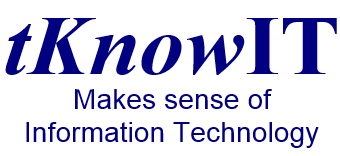The benefits of the PSTN switch-off
Remember 2012, when the analogue TV signal was switched off and we all went digital?
Well now it’s your phone’s turn, and in December 2025, the last old analogue phone service – the PSTN – is due to be switched off forever.
So if any devices in your business currently use the analogue phone system, you’re going to need to make some changes. That doesn’t just mean your landline phone – you may have alarms, lift emergency phones, some card machines (and you don’t still use a fax, do you?)
You have a bit of time to plan, but it’s important not to leave everything to the last minute on this. As we get nearer to the deadline, suppliers will be stretched and you’ll want to allow time to transition to a new system.









